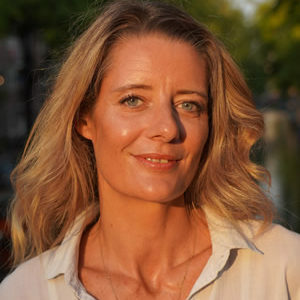While Adélaïde LOHIO, founder of L’Observatoire Beauté – a weekly trendletter on beauty news – has made seniors her latest favorite subject (subscription study “Silver Gen, The Gold Gen Rush”), she encourages us to think about the discourse to adopt around anti-aging. How can we talk about anti-aging when we still haven’t found the source of the fountain of youth? According to her, as long as Jeff Bezos hasn’t found the formula for immortality, the term has no sense.
Silicon Valley billionaires are working hard to find a cure for “one of the worst human diseases of all, mortality,” according to Jeff Bezos, founder of Amazon, who launched ALTOS LAB in January to bring together leading scientists to work on cellular reprogramming. We can mention NEW LIMIT, an American company that, before him, started to focus on epigenetic reprogramming in order to extend our life expectancy. Another example is Larry Ellison, founder of Oracle, who finds the notion of mortality “incomprehensible” and has created the Ellison Medical Foundation to finance anti-senescence research.
The work is going well but we are still far from having found the source of the fountain of youth. There is no “ANTI” remedy on the horizon. So, without the optimism of Silicon Valley tycoons, it is high time to find an alternative to the word anti-aging.
To be anti is to be against
Anti-aging, although decried for many years – let’s remember that already in 2017 the American beauty magazine Allure pledged to stop using this word to no longer “support the idea that aging would be a condition to fight against” – remains the most used term when talking about cosmetic products for aging women.
Leaf through the December Elle supplement, if the editorial is full of promises, the whole content of the magazine is about anti-aging and shows women much younger than they should be. Our consumers are not mistaken, 78% of women over 50 think that beauty is about fighting rather than aging (2cv.com).
To be pro is to be guilt-ridden
In order to replace the term anti-aging, we started to talk about well aging, slow aging, pro aging or even better aging whose objective is basically good: to promote a healthy lifestyle, to give a healthy appearance to the skin rather than to hide or make the wrinkle disappear… and yet, for some, this discourse becomes guilt-inducing. A phenomenon already observed around body positivism.
Indeed, in our society, when we value an older woman, it is to congratulate her for not looking her age: we say that she “is super well preserved”, we value the fact that she is proactive against getting older. But insidiously, it is implied that a woman who looks her age has not taken good enough care of herself and she ends up being ashamed of growing old.
“Aging well” becomes an injunction because aging well means staying young, but is this really what our 50+ consumers want? Once again, what is ageing well?
So what do we do?
This is a vast subject that deserves a specific focus, but what we must remember is that there are different ways of aging, there are different ways of wanting to age and it is important to know how to take them all into consideration without giving injunctions to our consumers. We must normalize the aging process. I AGE THE WAY I WANT! It is important to focus on the positive aspects of aging, to help our customers to get out of stereotypes, not to let them define themselves only by their age. This is the message of the L’Oréal Paris campaign entitled « Lessons of Worth » in which Kate Winslet takes off all her makeup to talk about self-esteem and explain to us that even today too many people consider their value through their younger years!
What if the solution was to ban this claim?
Today, products and anti-aging claims must meet certain regulations but the boundaries are quite obscure allowing marketers to play with the subtleties of the language. Imagine if the claim was banned as it was for the terms “whitening” or “waterproof”? This would perhaps force marketing teams to find not one but several alternatives to the word anti-aging in order to respond to this multitude of consumers and their desire to age in their own way.
In 2030, there will be more people over 65 than under 20. So changing the way we think about aging starts with changing the way we talk about aging.

To contact Adélaïde LOHIO – Founder de L’OBSERVATOIRE BEAUTE



